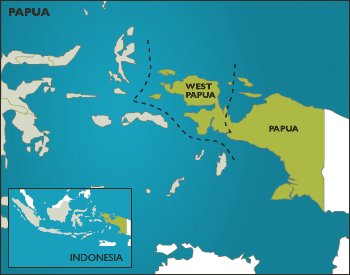- Home
- About
- Campaigns
- Regions
- Themes
- Agrofuels
- Climate justice
- Coastal communities and fisheries
- Disasters
- Economy & debt
- Energy
- Foreign investment
- Forests & forest fires
- Human rights
- Indigenous Peoples
- International Financial Institutions
- Land and food security
- Laws & regulations
- Mining, oil & gas
- Plantations
- Politics & democracy
- REDD
- Regional autonomy
- Transmigration
- Water and dams
- Women
- Publications
- Links
- Contact
Campaign
- Climate Justice and sustainable livelihoods (10)
- MIFEE (7)
- Agrofuels and oil palm plantations (3)
- Coal (3)
- BP - Tangguh (17)
Theme
- Agrofuels (7)
- Climate justice (20)
- Coastal communities and fisheries (14)
- Disasters (5)
- Economy & debt (27)
- Energy (12)
- Foreign investment (71)
- Forests & forest fires (69)
- Human rights (84)
- Indigenous Peoples (86)
- International Financial Institutions (14)
- Land and food security (35)
- Laws & regulations (42)
- Mining, oil & gas (83)
- Plantations (34)
- Politics & democracy (32)
- REDD (8)
- Regional autonomy (34)
- Transmigration (14)
- Water and dams (11)
- Women (15)
Papua

